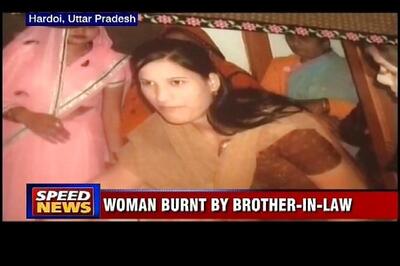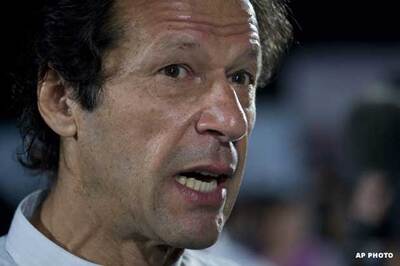
views
New Delhi: As Delhi’s already apocalyptic air took a turn for the worse on Tuesday, the Supreme Court-appointed Environment Pollution Control Authority (EPCA) said it could stop the plying of private vehicles in the capital all together if air quality worsens further.
Bhure Lal, chairman of the EPCA said, “Let us hope the air pollution situation in Delhi doesn't deteriorate or else we will have to stop plying of private vehicles. Only public transport will be used."
The overall Air Quality Index (AQI) at 3 pm was 401, falling in the 'severe' category, the highest this season – that is when otherwise healthy persons start getting harmed by the poor air.
The reason for the EPCA’s pre-emptive warning, sources in the body explained, was a warning from a MeT department regarding a “western disturbance approaching Delhi".
“There is a western disturbance approaching Delhi and the combination of increased moisture makes it likely that the air quality will dip significantly. This means that there is an urgent need to immediately take action against existing factors leading to air pollution," the source said.
Anumita Roychowdhury, executive director of CSE, said this would not be a permanent measure, but a necessary one due to changing weather conditions.
“They are ramping up as the weather conditions are changing. Construction activities will be stopped from November 1 for 10 days. But this is pre-emptive action that needs to be done right now," she said.
Crippled transport system vs polluting four-wheelers
But the shift to use of only public transport would be easier said than done.
The city needs 11,000 buses – it has only 5,429 buses. Of the 464 routes in the capital, buses don’t run on five while on 75 routes, only one bus operates. Nearly half (230) routes have one to five buses operating.
The situation is as dire in the cluster services, managed by the Delhi Integrated Multi-Modal Transit System (DIMTS) as 40 of its 147 routes are served by just one to five buses each. Together, they take more trips than the Delhi Metro.
Simply put, the public transport system of the capital is crippled.
But so far, crop burning has been less in Punjab and Haryana than previous years. As per data from NASA, there have been 15,886 instances of fires - the lowest in the past four years and around 43% less than the number of fires detected during the same period last year (27,996). “But this could change in the coming week and we fear that existing pollutants could make matters worse," said an official of CPCB.
But irrespective, vehicular pollution remains key – not just during the months of October and November, but throughout the year.
A study by System of Air Quality and Weather Forecasting and Research (SAFAR) under the Ministry of Earth Sciences found heavy commercial vehicles and privately owned vehicles were among the prime contributors to pollution, with a 25 – 45 percent share among sources.
Directions given so far
The state government and the EPCA have already implemented a number of measures to check pollution, including putting a stop to construction activities in Delhi-NCR from November 1-10
Stone crushers and hot mix plants that generate dust pollution would also remain closed for the 10 days. Industries using coal and biomass as fuel (excluding thermal and waste to energy plants) would also remain closed in Delhi-NCR from November 4-10.
In addition, the administration has intensified checking of polluting vehicles, and ramped up efforts for interrupted power supply in NCR to avoid requirement of diesel gensets.




















Comments
0 comment